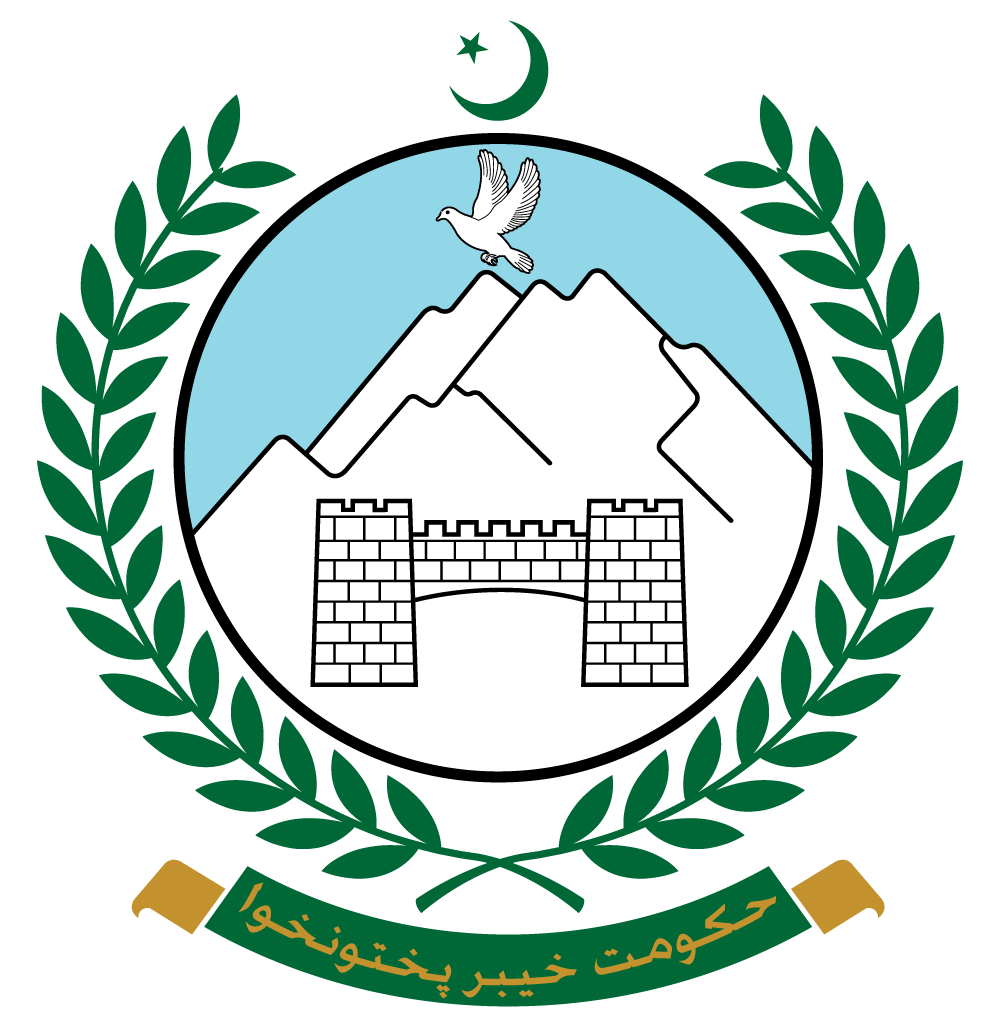Pakistan relies heavily on oil and gas imports for its energy needs. The country is facing an increasing oil and gas import bill, whereas domestic production is dwindling, and exploration is slow. Prime Minister Shehbaz Sharif has directed the Ministry of Energy (Petroleum Division) and Khyber Pakhtunkhwa (KP) to conduct a study on the potential of hydrocarbon seepages and its impact on human, animal, plant lives, and water table. The PM emphasized the need to prioritize the exploration of oil and gas and to revolutionize their production in a meeting on the oil and gas sectors of the country.
During the meeting, the PM directed the establishment of a Policy, Research & Development Entity to guide the working of the Petroleum Division. In this regard, a revitalization plan for the Hydrocarbon Development Institute was prepared to transform it into a first-rate organization to meet current and emerging challenges of energy. The PM also directed the establishment of an Energy R&D Fund to scale up capacity to adopt/adapt to emerging technologies and harness domestic energy resources. The fund will tap dedicated levies, cess, etc., to steer high-quality R&D and provide evidence-based policy advice to the government.
Moreover, the PM directed the Petroleum Division and the chief secretary of Khyber Pakhtunkhwa to assess the potential of hydrocarbon seepages and prepare necessary guidelines for their development, including the impact on human, animal, plant lives, and water table. The proposal shall be presented along with the findings of the study to the Council of Common Interests (CCI) for its consideration.
The meeting also discussed the impediments in the fast track development of oil and gas resources, institutional handicaps, and encouraging private investment. The Petroleum Division was directed to brief the PM on the existing E&P regime, outlook on seismic data acquisition and drilling, accelerated and enhanced oil recovery (AOR/ER), working on stranded oil and fields, tight gas, and shale oil/gas.







